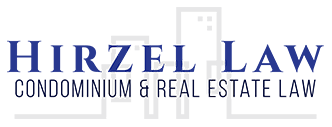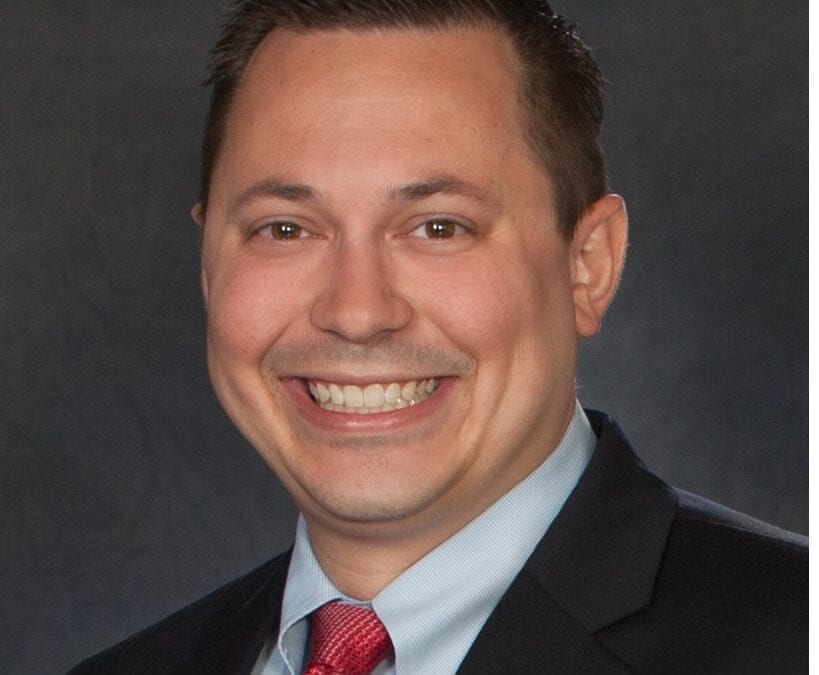On March 10, 2017, Kevin M. Hirzel, Chairman of the Legislative Action Committee for CAI’s Michigan Chapter, will present on the following bills that are pending or have recently passed and will have a significant impact on Michigan Condominium Associations:
HB 4919. Michigan House Bill 4919 would amend MCL 559.160 to prevent the inclusion of anti-lawsuit provisions in condominium documents. Anti-lawsuit provisions have been an increasing concern for condominium associations as a recent decision from the Michigan Court of Appeals precluded an association from enforcing restrictions that were violated by a co-owner due to the fact that the association did not obtain two-thirds co-owner approval to initiate litigation. Anti-lawsuit provisions have also been used to preclude condominium associations from defending themselves in litigation as well. House Bill 4919 would allow for the board of a condominium association to make decisions relating to litigation and protect the association’s interests in litigation in the same manner as all other Michigan corporations.
HB 4015. Michigan House Bill 4015 would make three radical changes to the Michigan Condominium Act. First, House Bill 4015 would require co-owners to approve a condominium association’s budget at a meeting with quorum by a majority vote in order to pay for essential services that are necessary to operate a condominium. House Bill 4015 would require in person voting and would not allow co-owners to vote by proxy in approving an annual budget. Condominium associations would not be allowed to increase the annual budget unless co-owner approval was obtained at a meeting with quorum or multiple meetings were called and quorum could not be obtained. Second, House Bill 4015 would repeal MCL 559.239 which precludes a co-owner from asserting a defense that services were not provided by the association in answering a complaint for nonpayment of assessments. Third, House Bill 4015 would revive the authority a governmental administrator, which has not had enforcement authority since 1983, to monitor co-owner complaints regarding condominium associations and their directors. House Bill 4015 would also allow for the administrator to investigate co-owner complaints and refer complaints to the prosecuting attorney or attorney general to file lawsuits against condominium associations.
2016 PA 233. Senate Bill 610 (2015) became law on September 21, 2016 through 2016 PA 233. MCL 559.167, as amended by 2016 PA 233, eliminated the automatic reversion of “need not be built” units to common elements after the expiration of the six-year or ten-year statutory time periods. MCL 559.167(4) will now require two-thirds of the co-owners that are in good standing to vote to approve a reversion of “need not be built” units to common elements by adopting a declaration that will be recorded in the register of deeds after the expiration of the statutory time periods. If two-thirds co-owner approval is obtained, the condominium association must then send the declaration to a developer or successor developer at its last known address. The developer or successor developer may withdraw the land on which the “need not be built” units were to be located or amend the master deed to make the units “must be built” within a sixty day time period. If the developer or successor developer fails to withdraw the land or amend the master deed within sixty days, the condominium association may record the declaration, which becomes effective upon recording and the “need not be built” units will remain in the condominium as common elements. Mr. Hirzel will also discuss a recent circuit court opinion that held that the amendment to MCL 559.167 was not retroactive and that 2016 PA 233 could not abolish the co-owners’ interest in the common elements.
H.R. 555. Federal H.R. 555, the Amateur Parity Radio Act, is currently pending in the United States Senate after it was passed by the United States House of Representatives on January 23, 2017. The bill would prohibit community associations from completely restricting the use of HAM radios in community associations. H.R. 555 would allow for community association to impose reasonable restrictions on HAM radio users.
Mr. Hirzel’s presentation will take place between 11:15 A.M. to 12:00 P.M. in the Jade Room at the Suburban Collection Showplace, 46100 Grand River Ave, Novi, MI 48374. You can register for the event here.

